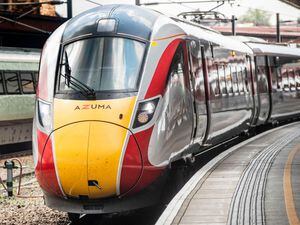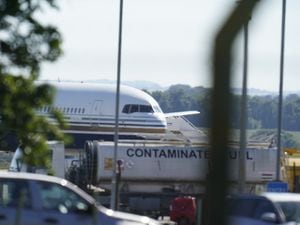Are nationalised train services more reliable?
TransPennine Express services were nationalised on Sunday.

Rail industry statistics show nationalising services is not guaranteed to result in good performance.
TransPennine Express, whose services were taken over by the UK Government on Sunday, has been cancelling more trains than any other operator, with the equivalent of 14.9% axed in the four weeks to April 29.
But three of the next five worst performers were already publicly-owned, analysis of Office of Rail and Road data by the PA news agency found.

They are Transport for Wales (9.8%), London North Eastern Railway (5.5%) and Northern (4.6%).
Transport for Wales is owned by the Welsh Government, while London North Eastern Railway and Northern fall under the responsibility of the UK Government.
Southeastern, the other train brand owned by the Westminster administration, recorded the third best performance across all operators with the equivalent of just 1.1% of services cancelled.
ScotRail, which was nationalised by the Scottish Government on April 1, was ranked seventh with 1.8%.
The figures are cancellations scores, showing the percentage of services either fully or part-cancelled, with a part-cancellations counted as half a full cancellation.
They are adjusted to include pre-cancellations due to train crew shortages made through a controversial process known as p-coding, which can happen as late as 10pm on the previous night.
Services removed from timetables in this way have not traditionally been reflected in cancellation scores, but adjusted figures have been published since February to boost transparency.
With TransPennine under Government control, some 24% of passenger journeys on Britain’s railways are now on nationalised services.
The analysis by PA is based on passenger numbers for the 12 months to December 2022, which are the latest available.





